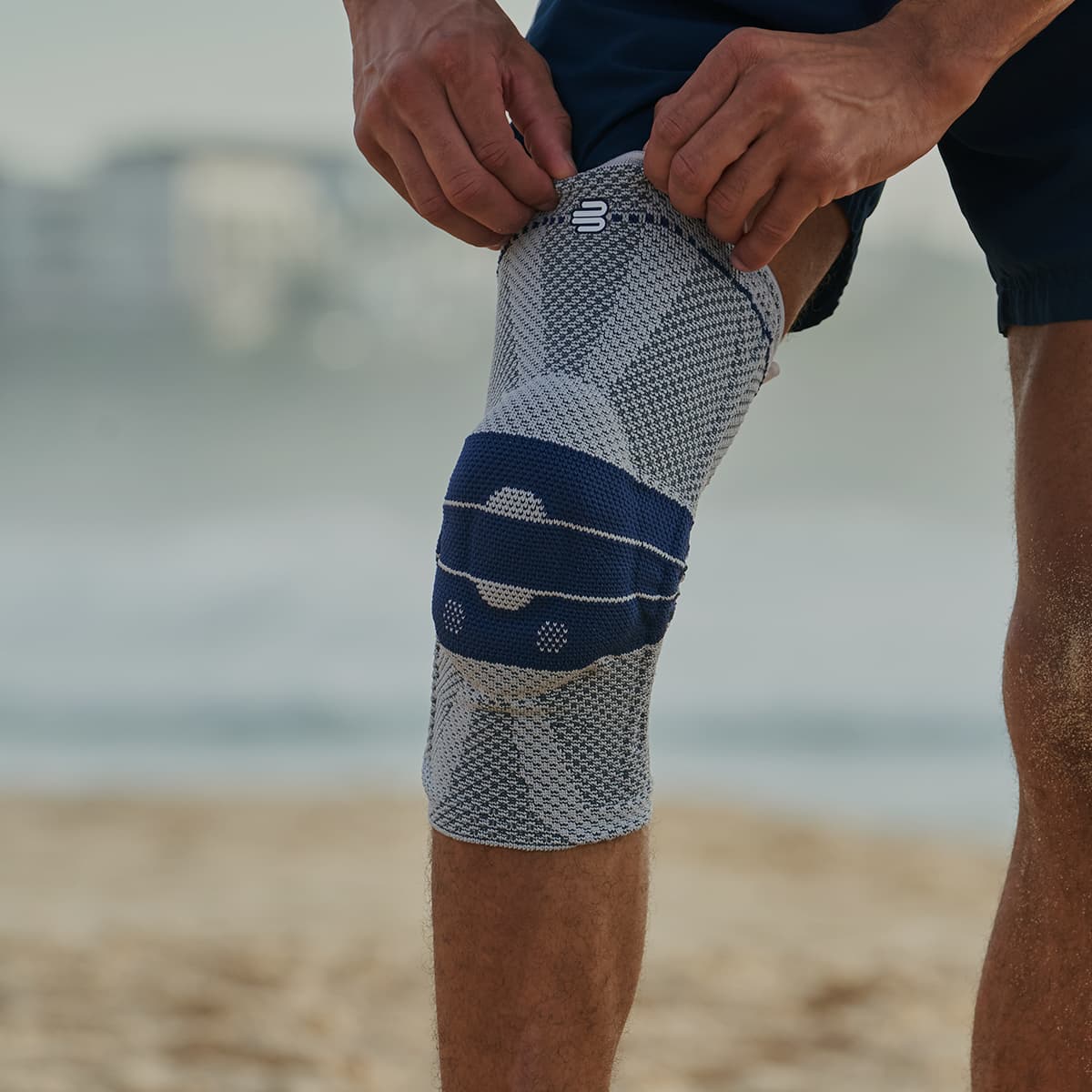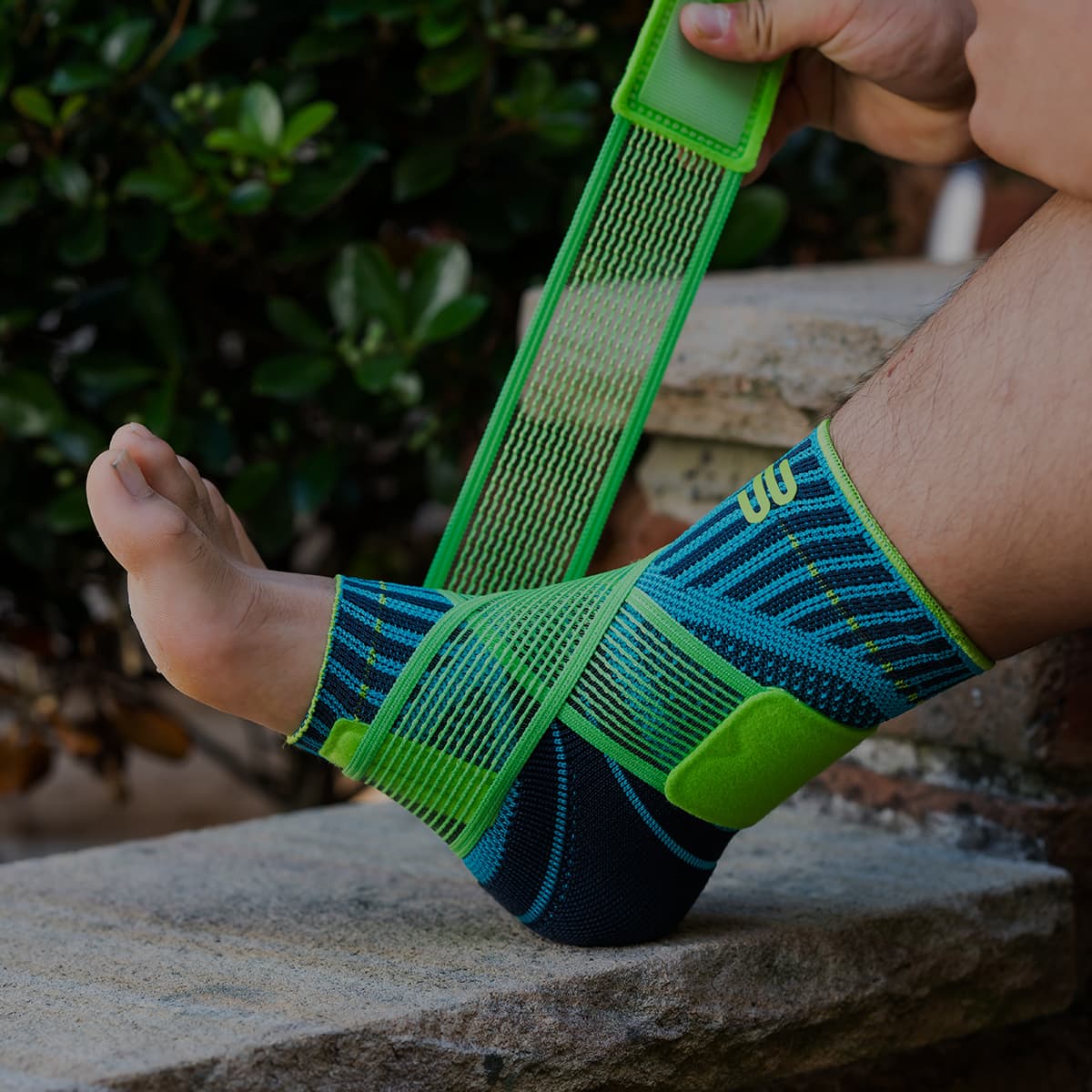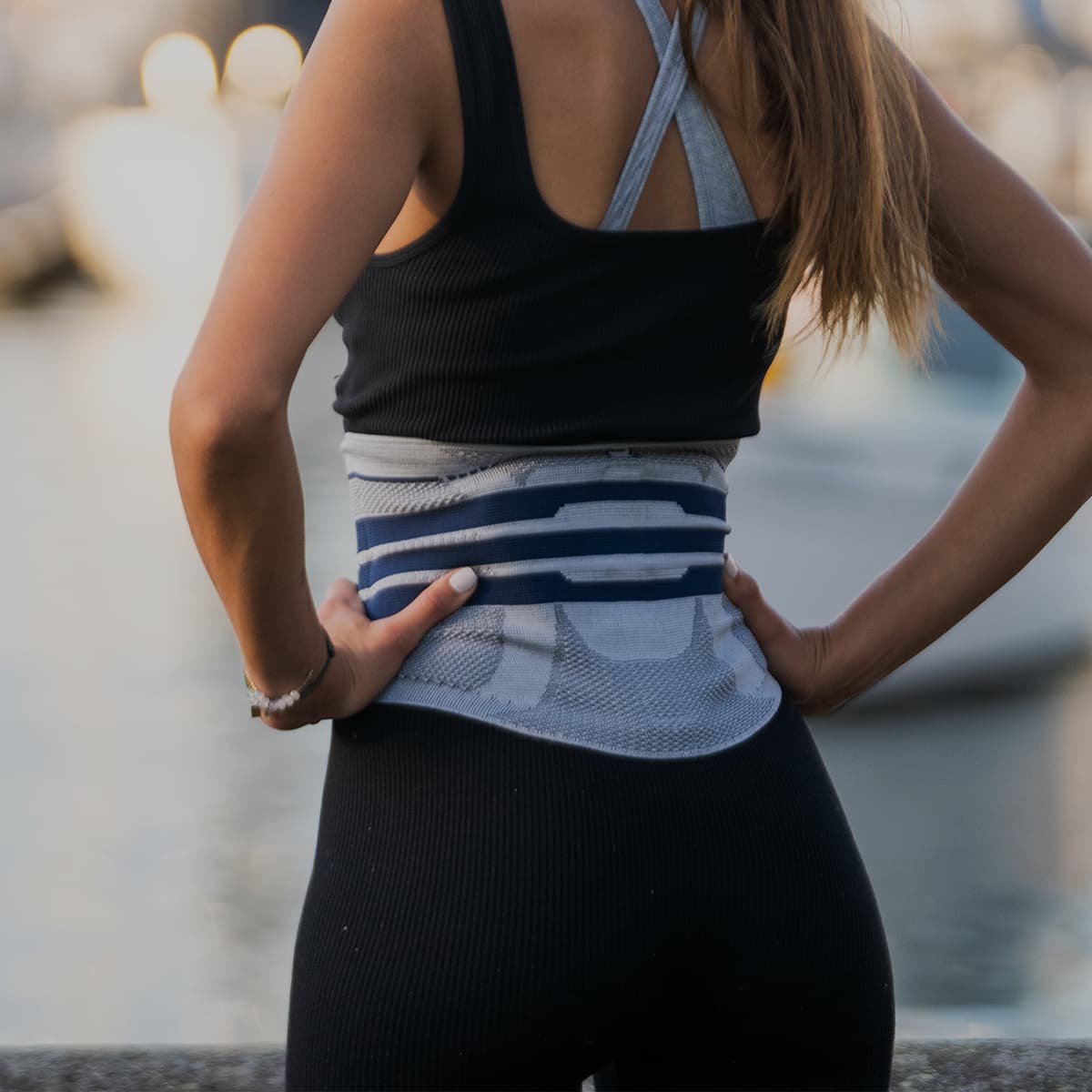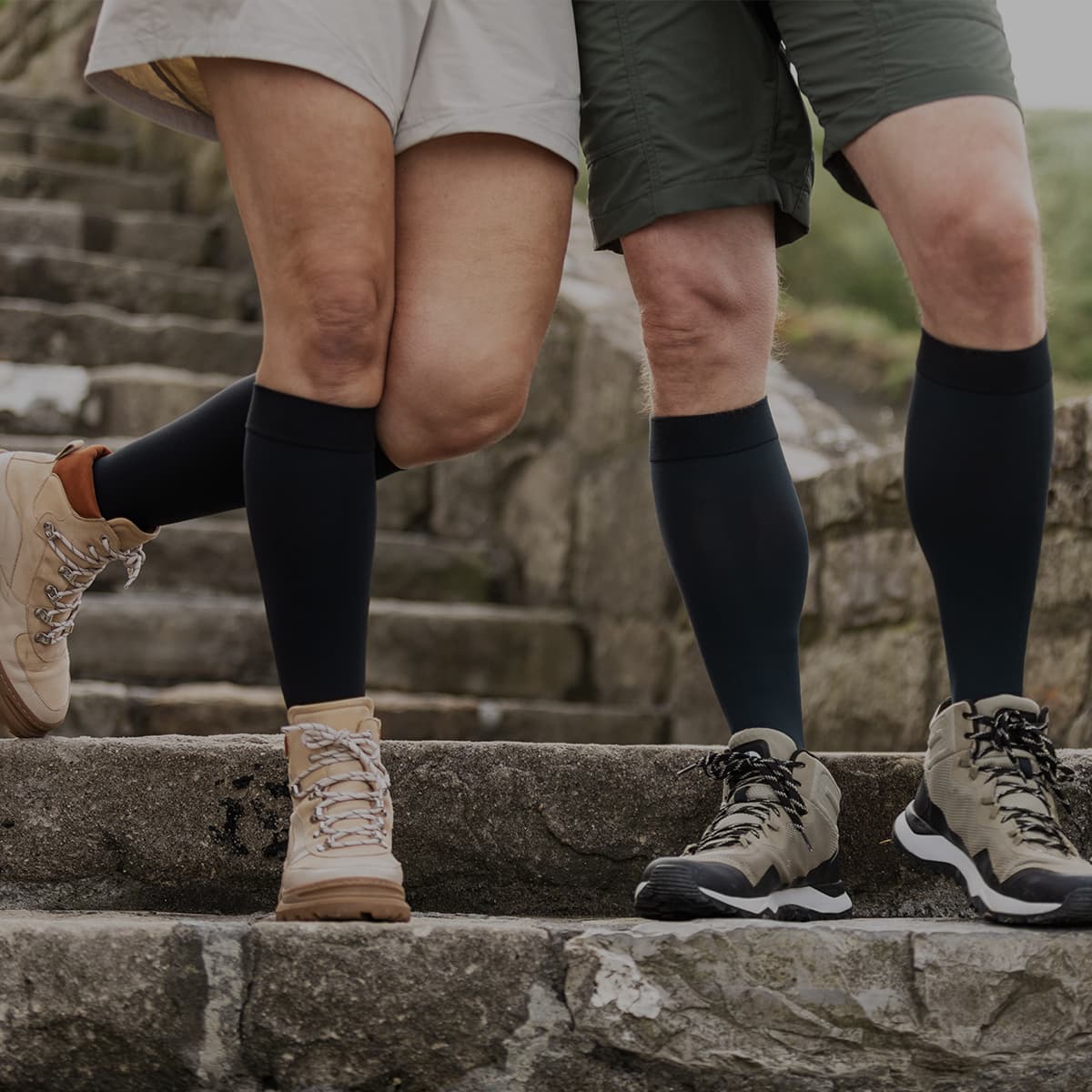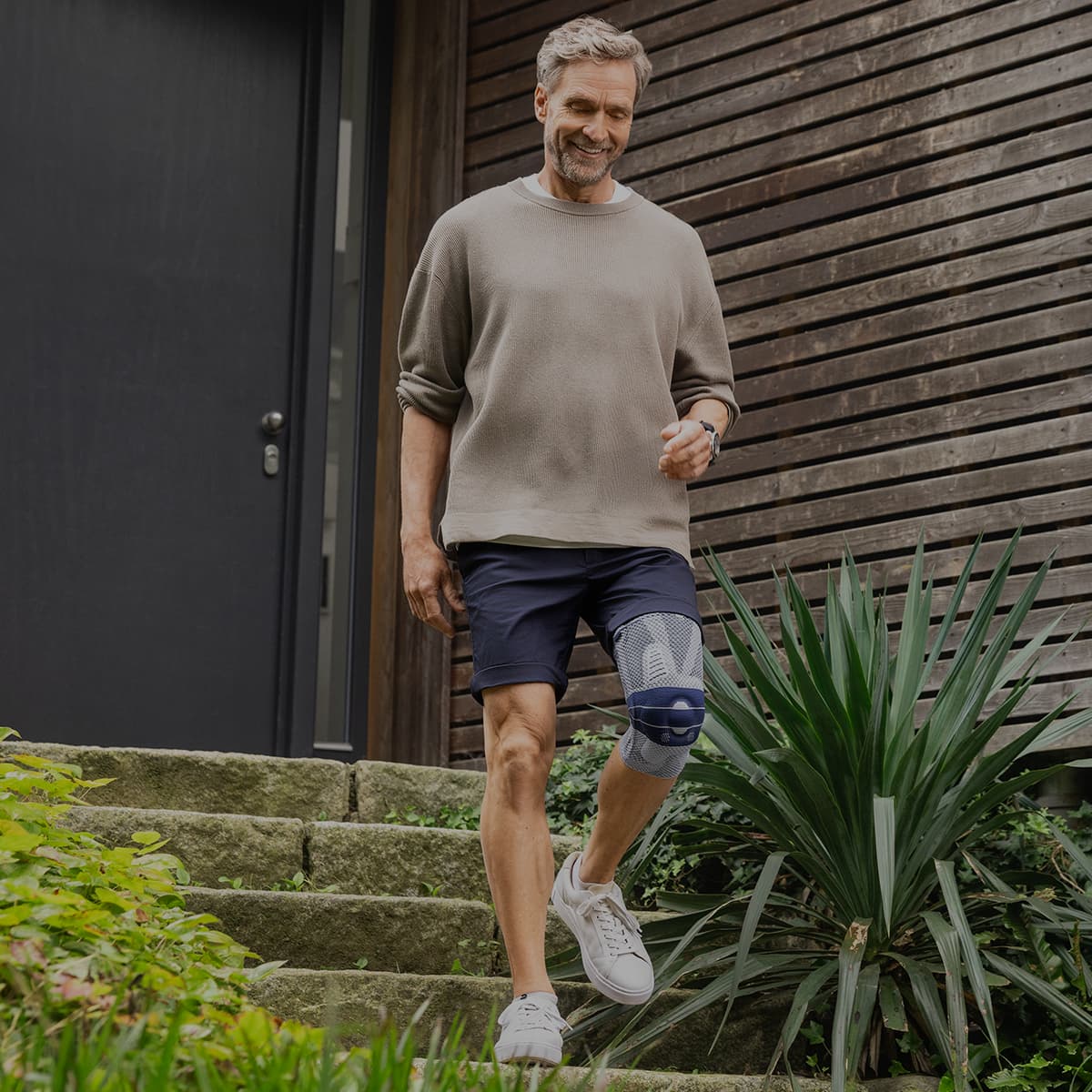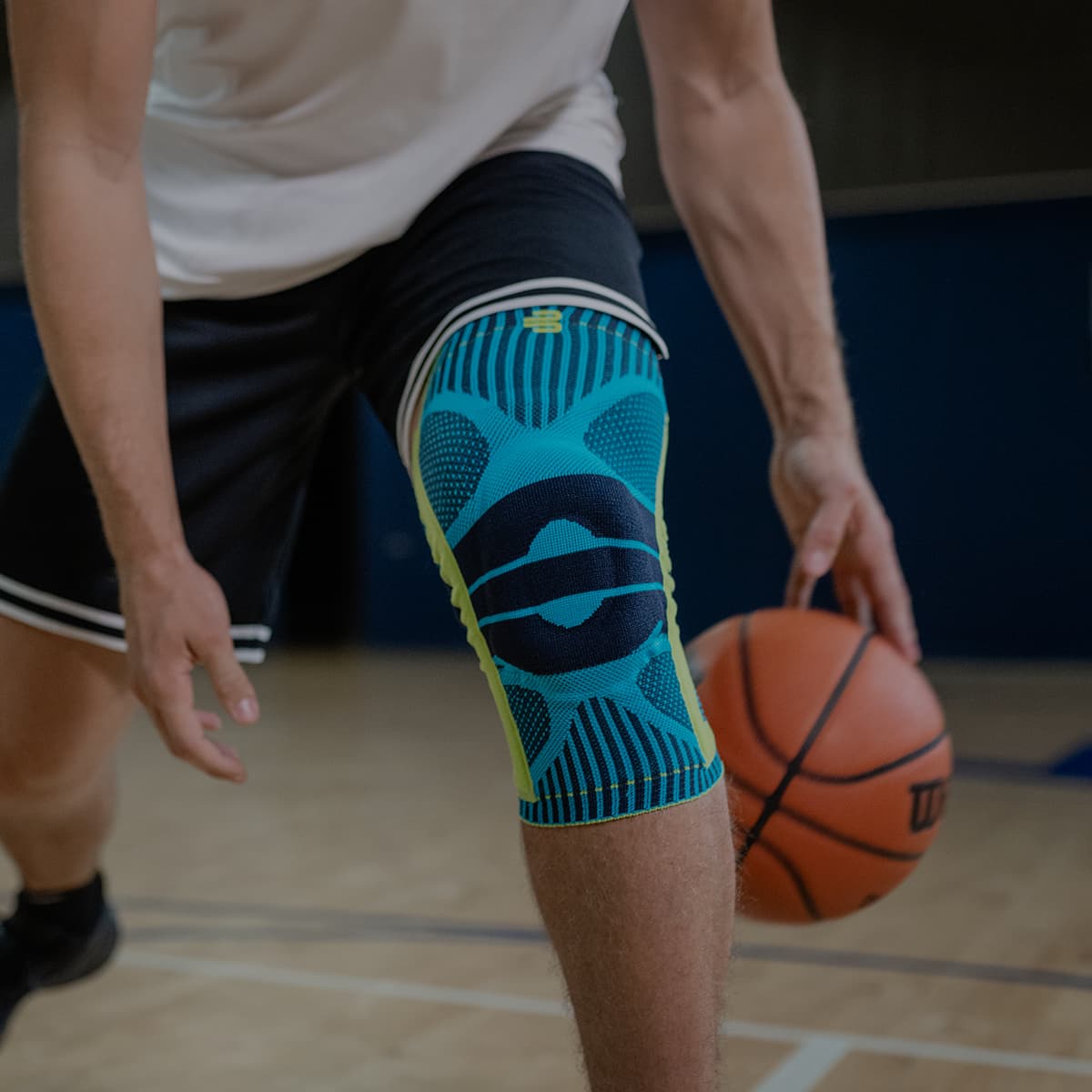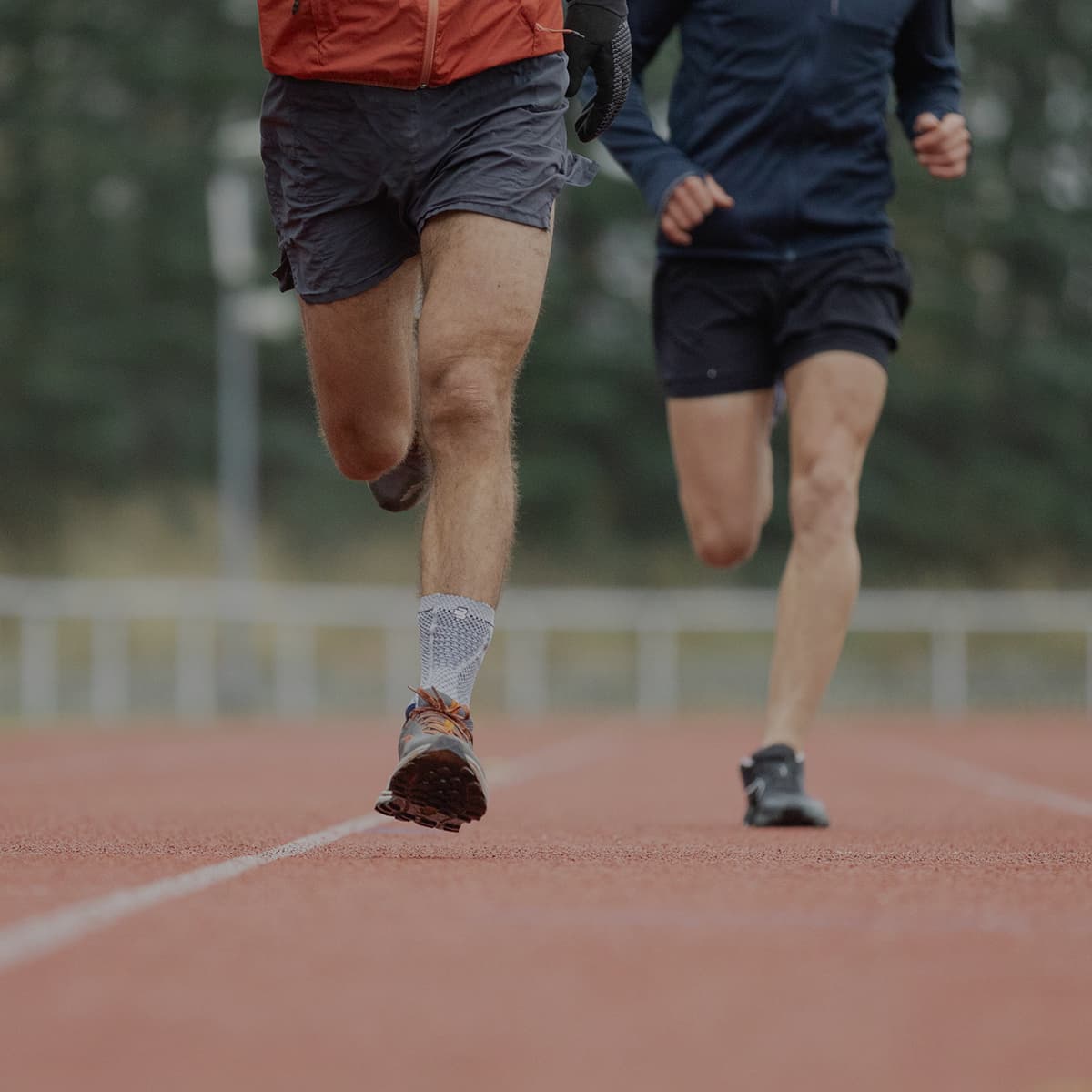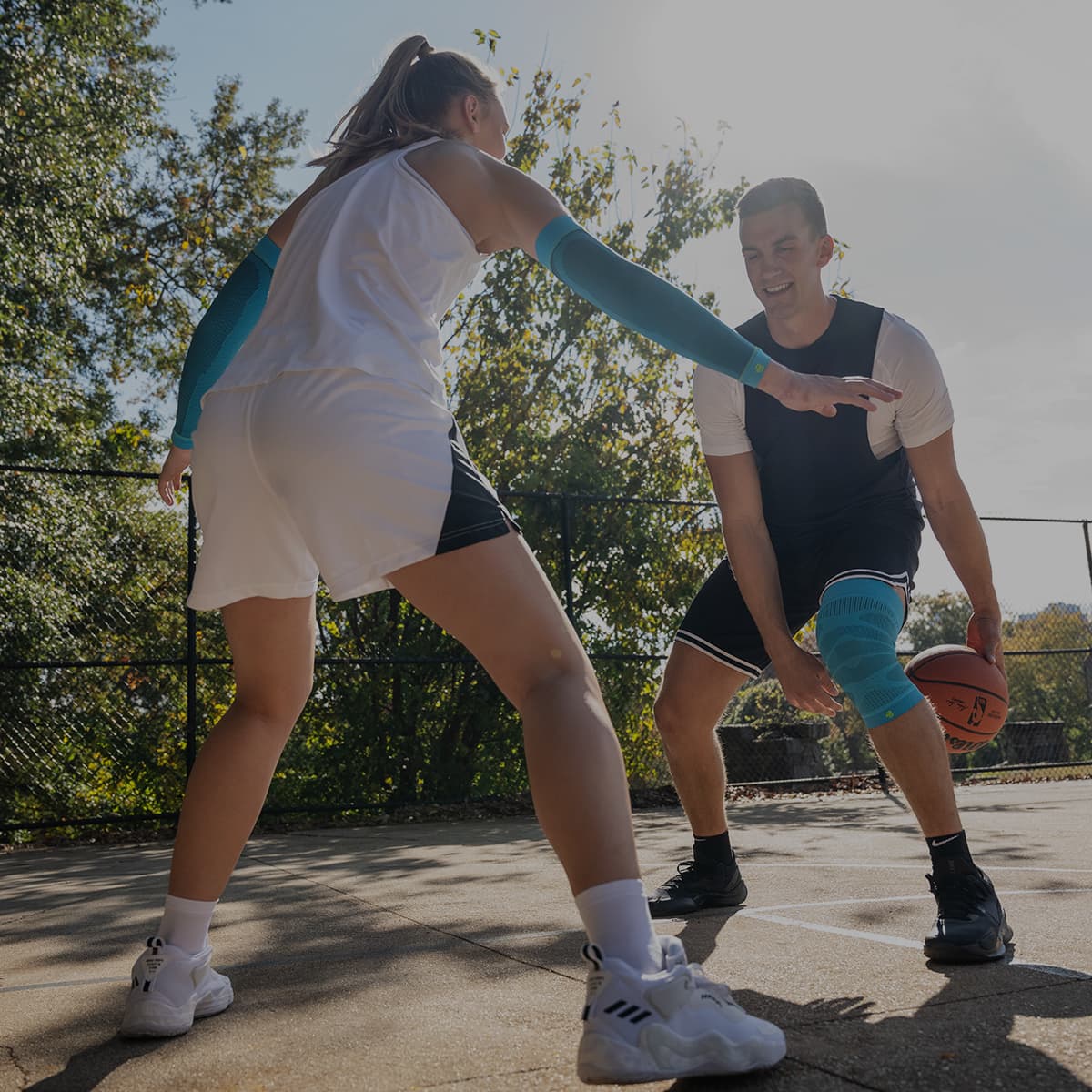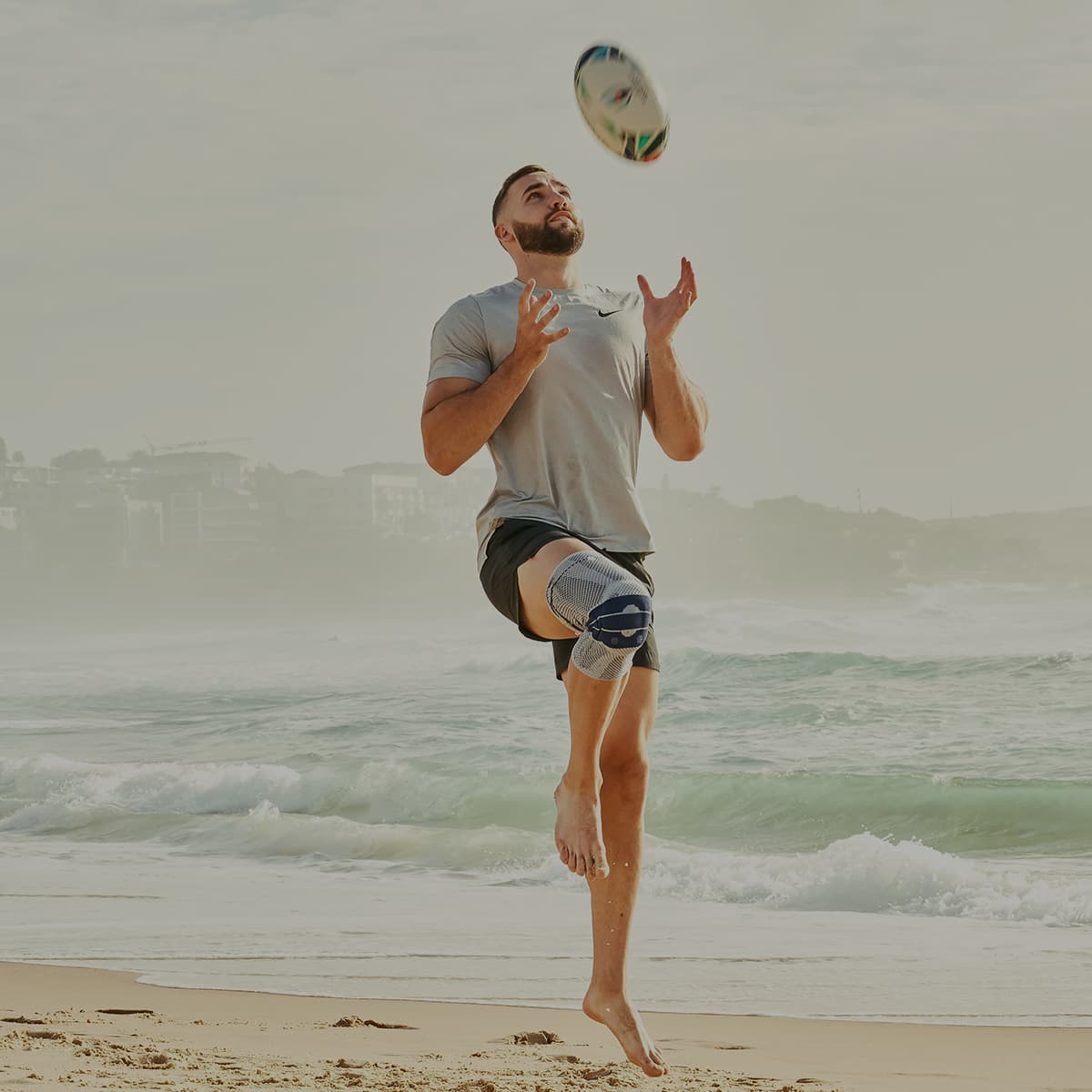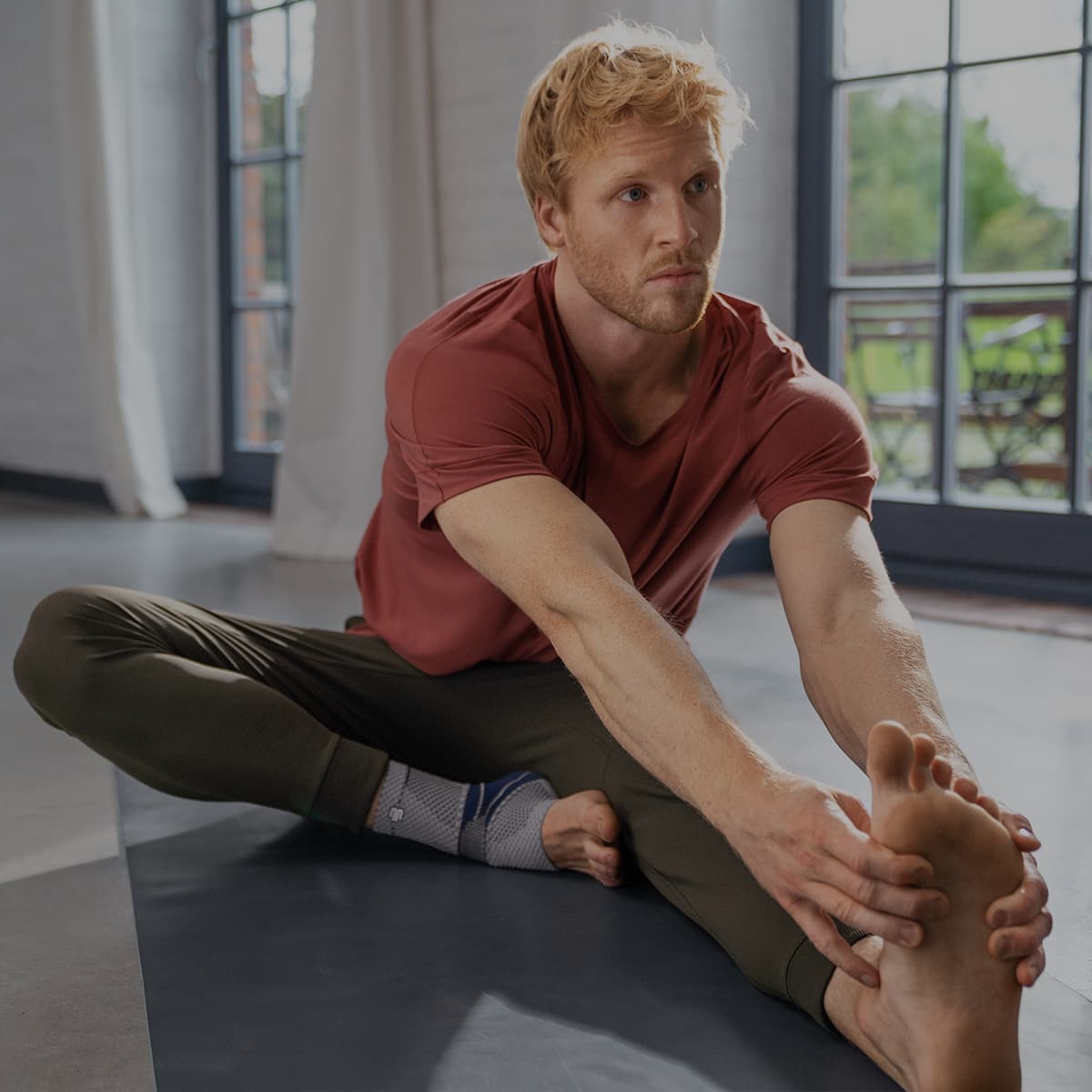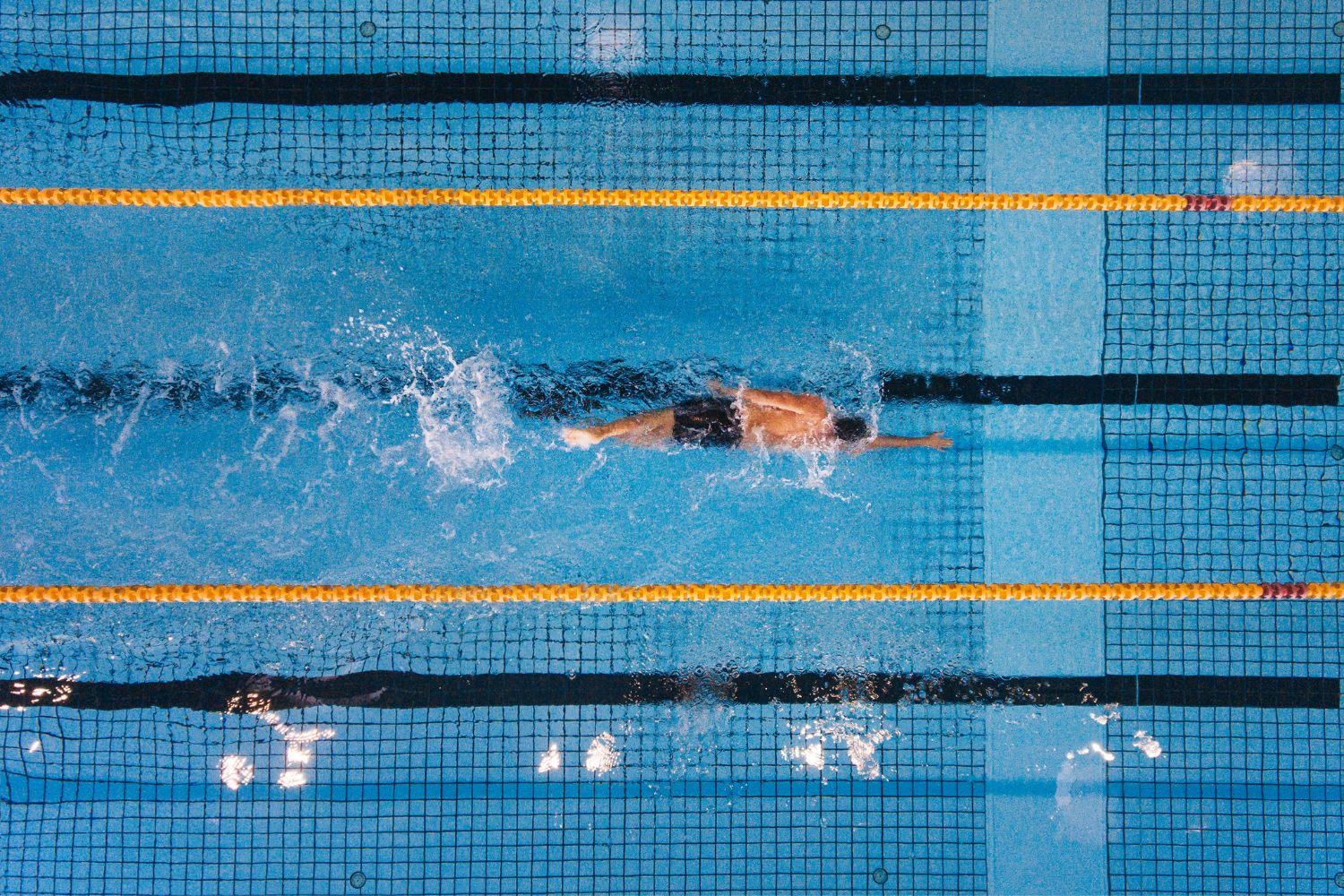Virtually everyone has strained one muscle or another over the years, sometimes it’s a regular occurrence. If you're managing a muscle strain, here are some tips for treatment and home remedies.
Intermittent pain and tenderness, reduced motion, redness, swelling and bruising can all occur when the muscle is strained, with the occasional spasm or cramp.
Note: if these symptoms worsen or are bad enough to stop you moving properly, it may be a more serious injury that requires medical attention.
The good news is that even though muscle strains are relatively common, they’re generally easy to treat.
Muscle Strain: Treatments and home remedies
Whether it’s sore calves from running or tight back muscles after a tough workout, treating strained muscles is the same for the most part.
The below remedies can help relieve the muscle strain pain:
Warming down
At the end of any exercise or prolonged physical activity, take five to ten minutes to slowly warm down your muscles with targeted stretches, controlled breathing and light cardio.
This will help lower the risk of cramping and soothe anything that’s been pulled a bit too tight.
Learn more: 5 tips for post-workout muscle recovery.
Featured above: Lower leg compression sleeves.
The power of compression
Wearing medical-grade compression such as upper leg sleeves, compression socks etc will soothe and stabilise your muscles to relieve pain and swelling, but also prevent it happening in the first place.
The compressive effect is based on medical research to boost blood-flow and promote circulation meaning the muscles receive a better supply of oxygen, continue to perform effectively and regenerate faster.
Stimulating blood circulation also causes the muscles to quickly heat up, which makes them better protected against injury. Compression also reduces uncomfortable muscle vibrations in the calf, thus preventing premature fatigue.
Diet has a big impact on muscle performance
Diet has a distinct effect on your body, from its ability to recover from injury to its resilience to illness.
To help with muscle soreness it's beneficial to cut down on salt as well as trans and saturated fats while eating more of the following:
- Legumes
- Nuts (almonds, cashews and pine nuts in particular)
- Ricotta cheese
- Watermelon
- Wholegrain bread
- Seeds like flax, hemp and chia seeds.
The importance of flexibility
Stay flexible and well stretched to get blood moving into the deeper muscles and relieve tightness. Activities like Yoga and Pilates are great low impact exercises that release tension and ease the muscles.
Keep hydrated
Both during and after exercise. If you find you’re really breaking into a sweat, go for ion-based drinks to stop muscles from cramping.
Self care can help
Warm showers, baths with muscle relaxants and hot oil massages are all great ways to relieve the muscles, and also do wonders for your mental health.
Professional care when needed
Occasional muscle soreness is easy to remedy, but when it’s recurrent and happening more often than not, getting clinical help can make all the difference for your long-term health.
Seeing a physiotherapist, osteopath, chiropractor, massage therapist or acupuncturist can be a great way to stay on top of muscle pain now and in the future.
Do you have private health? Most private health extras will cover Bauerfeind Products, check to see if yours is included. Bauerfeind Private Health Insurance Inquiry.
Bauerfeind products are developed at our innovation and manufacturing facility in Zeulenroda, Germany. Based on years of scientific research, our award-winning braces and support garments are highly recommended by medical professionals and athletes worldwide.
For assistance selecting the right product for your needs, book a video consultation with a Bauerfeind expert: Book Video Call, or call us on 1300 668 466.

